On-line shopping is most dangerous
By MYBRANDBOOK
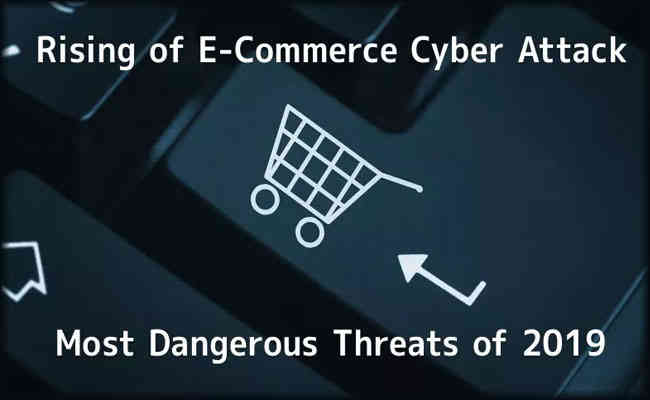
A report unveils that hackers are standing right behind as you shop online in India. As per the report by John Shier, Senior Security Advisor, Sophos , organisations are struggling with phishing and other user-focused attacks in India. He explains how the company’s ransomware protection solutions, including Sophos Intercept X, can help you defend your organization without going through a steep learning curve.
With more and more Indians going online and generating never-heard-before kind of data, hackers have turned their focus on a country with over 450 million smartphone users and more than 550 million Internet users.
The fact is with the proliferation of connected and IoT devices will have a cross-sector impact on areas around data security and privacy. In response to this, regulators will need to establish mandatory data security requirements.
The country has 366 million Internet subscribers in urban locations and 194 million in rural areas, says the latest report by Telecom Regulatory Authority of India (TRAI). organisations are struggling with phishing and other user-focused attacks in India."Most people don't believe that computer-based training (CBT) is effective and are looking for ways to improve their defenses against users being tricked into inviting malicious attackers into their network," Shier said .
Around 87 per cent of the consumers are concerned that retailers will misuse or improperly distribute their information.Not just in phones but also in the wearable devices like smartwatches are the next frontier for cyber security. It isn't enough to have an IT security team and having a strong culture around security is the next step in maturity for security awareness programmes, say experts.
"Use a unique, complex password for banking and other financial online accounts. For others, use a password manager to keep them organised and readily available. Use Two-Factor Authentication (2FA) when available to provide an extra layer of security on accounts," Shier said.
Hackers know what is ur lickings and beware of clicking on emails from unknown sources or deals that look too good to be true.Since, cyber criminals use look-alike spam to lure in victims with links to bogus websites. Businesses should train employees on how to "spot a phish".
Lastly, he said, use a layered business security strategy to provide protection at multiple levels to avoid attacks from different angles. Be wary of IoT devices on any network. Change factory default passwords immediately out of the box.


Nazara and ONDC set to transform in-game monetization with ‘
Nazara Technologies has teamed up with the Open Network for Digital Comme...

Jio Platforms and NICSI to offer cloud services to government
In a collaborative initiative, the National Informatics Centre Services In...

BSNL awards ₹5,000 Cr Project to RVNL-Led Consortium
A syndicate led by Rail Vikas Nigam Limited (abbreviated as RVNL), along wi...

Pinterest tracks users without consent, alleges complaint
A recent complaint alleges that Pinterest, the popular image-sharing platf...


Icons Of India : ASHISH KUMAR CHAUHAN
Ashish kumar Chauhan, an Indian business executive and administrator, ...

Icons Of India : Girish Mathrubootham
Girish Mathrubootham is the Founder of Freshworks (previously known ...

Icons Of India : RAJENDRA SINGH PAWAR
Rajendra Singh Pawar is the Executive Chairman and Co-Founder of NIIT ...

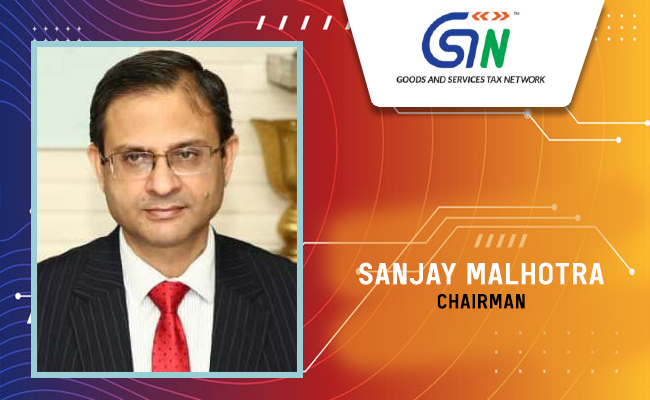
GSTN - Goods and Services Tax Network
GSTN provides shared IT infrastructure and service to both central and...
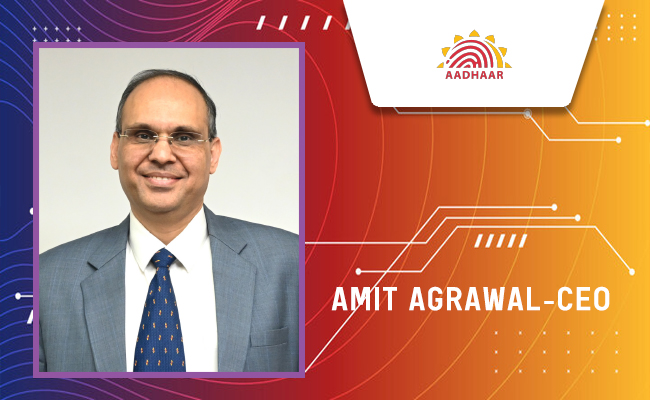
UIDAI - Unique Identification Authority of India
UIDAI and the Aadhaar system represent a significant milestone in Indi...
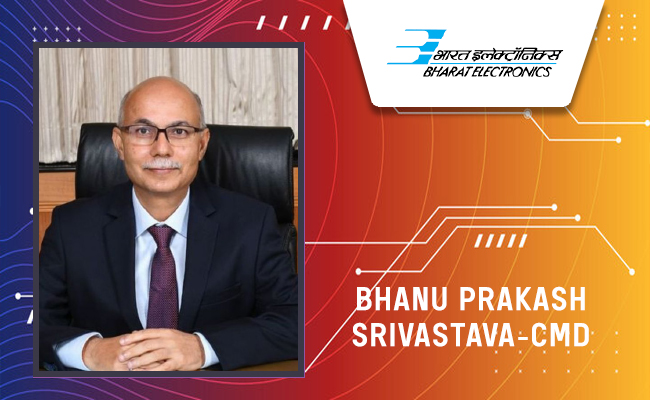
BEL - Bharat Electronics Limited
BEL is an Indian Government-owned aerospace and defence electronics co...


Indian Tech Talent Excelling The Tech World - Dheeraj Pandey, CEO, DevRev
Dheeraj Pandey, Co-founder and CEO at DevRev , has a remarkable journe...
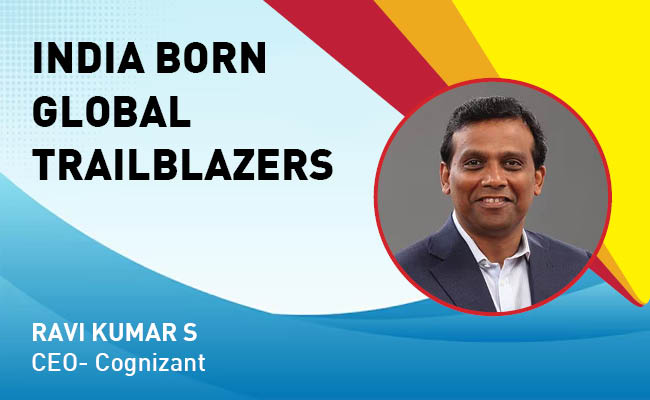
Indian Tech Talent Excelling The Tech World - RAVI KUMAR S, CEO- Cognizant
Ravi Kumar S, appointed as CEO of Cognizant in January 2023, sets the ...
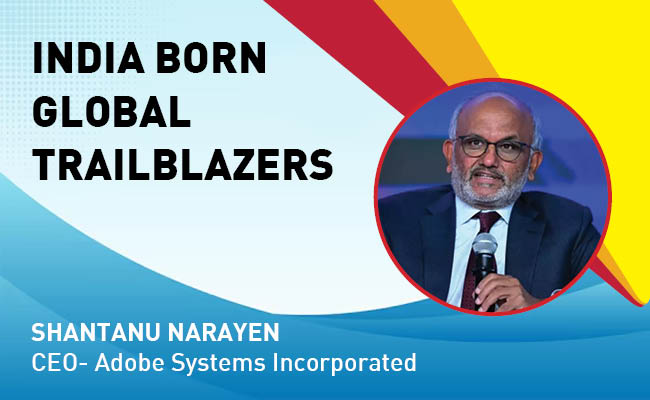
Indian Tech Talent Excelling The Tech World - Shantanu Narayen, CEO- Adobe Systems Incorporated
Shantanu Narayen, CEO of Adobe Systems Incorporated, is renowned for h...